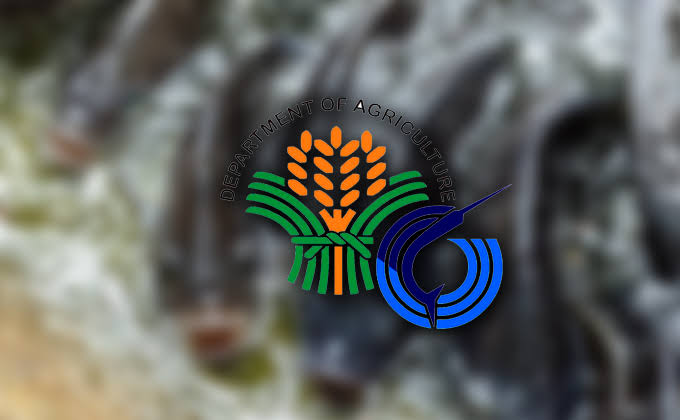Fish, shellfish from Cavite province still not safe for human consumption—BFAR
By Jel Santos

Fish and shellfish from Cavite province are still considered unsafe for consumption following the oil spill, the Bureau of Fisheries and Aquatic Resources (BFAR) reported on Tuesday, August 13.
“In the province of Cavite, fish and shellfish samples collected are still not safe for human consumption based on sensory evaluation,” the agency stated in its Bataan Oil Spill Bulletin No. 4.
Meanwhile, BFAR stated that fish from Bataan, Bulacan, Pampanga, Batangas, and Metro Manila (Navotas, Parañaque, and Las Piñas) are safe for human consumption.
“Results of sensory evaluation for traces of oil and grease since the oil spill was first reported, until August 12, 2024, have consistently shown that all sampled fish and shellfish from different sampling sites in Bataan, Bulacan, and Pampanga are free from oil and grease contamination,” it said.
The BFAR also reported that fish and shellfish samples from Navotas, Manila, Parañaque, and Las Piñas were free of oil and grease contamination, according to sensory evaluations conducted on July 31, August 6, and August 12.
The agency said it will maintain fish sampling and sensory evaluations to monitor for oil and grease in potentially impacted areas.
“Continuous monitoring and testing is essential in ensuring the safety of the consuming public,” it said.
50,000 fishers affected
Fisherfolk group Pambansang Lakas ng Kilusang Mamamalakaya ng Pilipinas (Pamalakaya) said over 50, 000 fishers from Cavite, Bataan, and Metro Manila are now facing the severe impacts of the oil spill’s aftermath.
According to the group, fish traders are exploiting the oil spill to drive down fish prices even further, putting fisherfolk and mussel operators at a disadvantage.
Pamalakaya noted that before the oil spill, the regular farmgate price of mussels was ₱1,200 per tub. However, it has now plummeted to ₱300 to ₱500 due to concerns that the products might be contaminated with oil.
“Pahirapan na ang bentahan ng isda at tahong sa Navotas. Napipilitan ang mga mangingisdang pumayag sa napakababang presyong itinatakda ng mga komersyante kesa walang bumili at mabulok ang mga isda (The sale of fish and mussels in Navotas has become difficult. Fisherfolk are being forced to accept very low prices set by traders rather than having their catch go unsold and spoil),” Pamalakaya Vice Chairperson, Ronnel Arambulo, said in a statement.
The fishers' group previously condemned the government's fishing ban, stating it is even more damaging than the oil spill itself.
In Cavite and Bataan, Pamalakaya reported that most coastal areas are under a fishing ban with "no alternative or regular support" for the affected fisherfolk.
The group has called for government intervention to address the "exploitation and manipulation" by fish traders regarding farmgate prices in relation to the oil spill.
Gov’t aid to fishers
On Saturday, August 3, the BFAR confirmed that it has provided food packs to all registered fishers in Noveleta, Cavite, impacted by the oil spill.
According to the agency, 1,612 fishers have received these packs, which contain essential items such as rice, canned goods, and other non-perishable foods to support their families.
Assistant Secretary Arnel de Mesa, the spokesperson of the Department of Agriculture (DA), had earlier said that that DA Secretary Francisco Tiu Laurel Jr. has ordered BFAR to give fuel assistance to fisherfolk affected by the oil spill, allowing them to access fishing areas far from the contaminated waters.
“Iyong bawat mangingisda ay makakatanggap ng P3,000 assistance mula rito sa fuel subsidy na ibinibigay ng DA (Each fisherman will receive ₱3,000 in assistance from the fuel subsidy provided by the DA),” he told the media.
On July 25, motor tanker (MT) Terranova, carrying 1.4 million liters of oil, capsized and sank off the waters of Limay, Bataan.
Green groups Greenpeace and Oceana had earlier called on the government to ensure accountability for the "preventable" incident, demanding action from both the responsible government agencies and the private owners of the tanker.